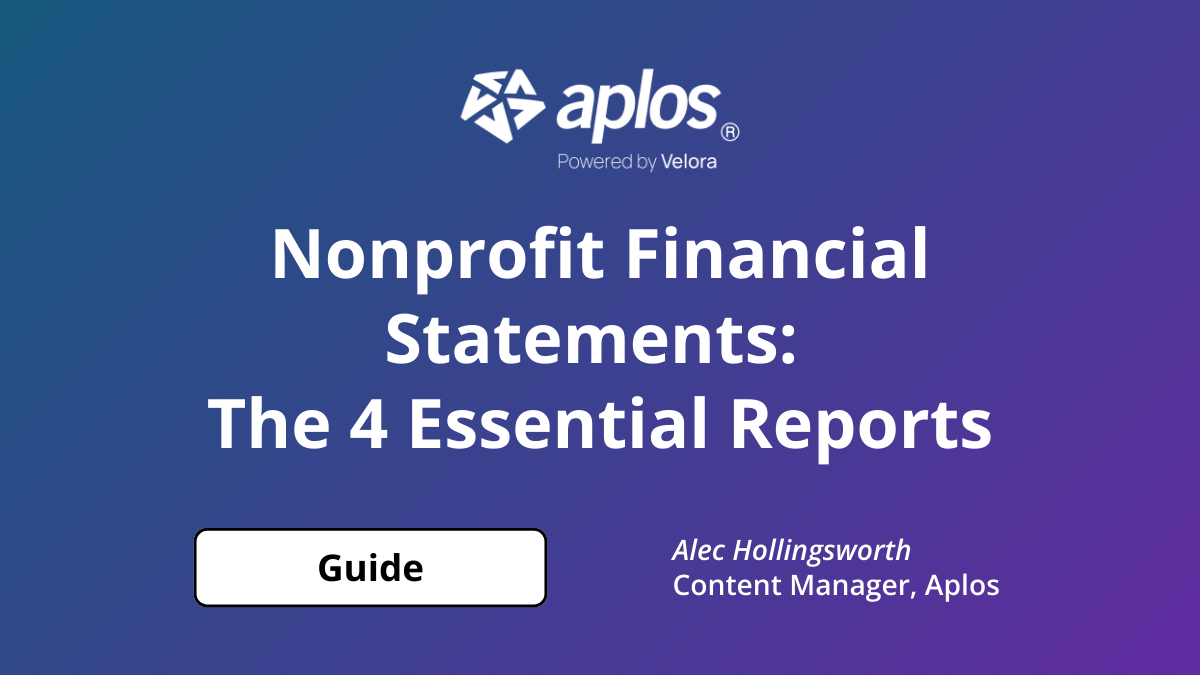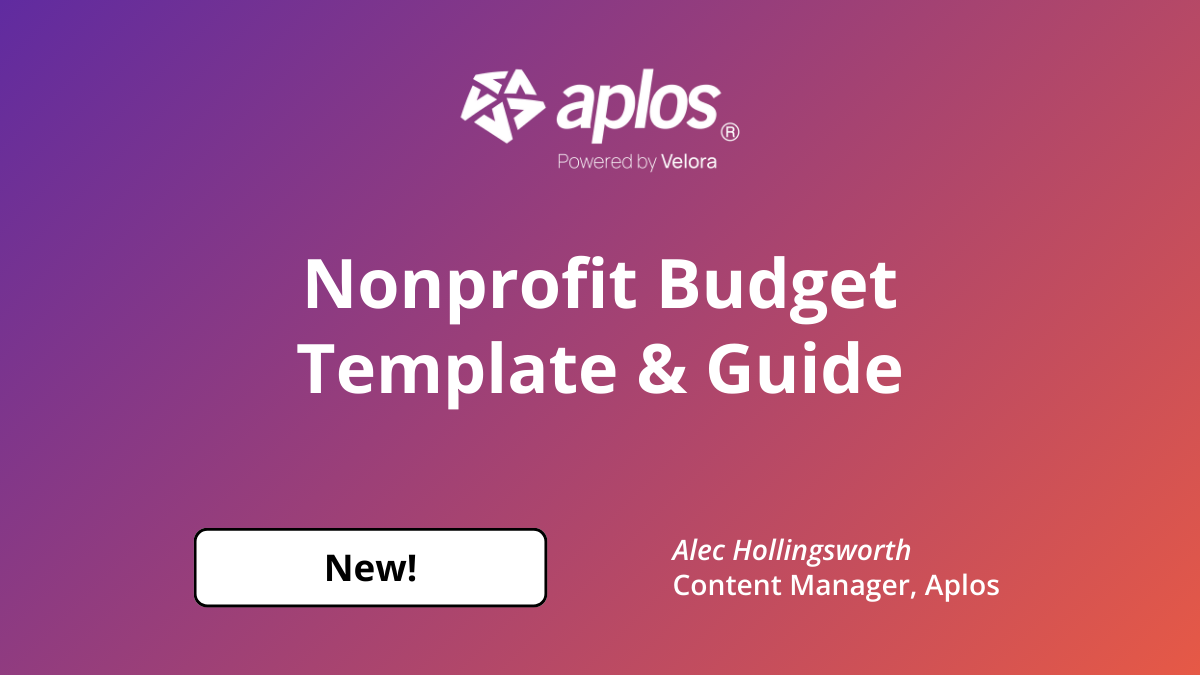

One of the first things people should learn when they’re thinking of starting a nonprofit is understanding the difference between normal accounting and fund accounting. Because nonprofit organizations focus on furthering their mission instead of making profits, they use a special type of accounting called fund accounting. This article will go over the basics.
Nonprofit bookkeepers use fund accounting to focus on accountability for their nonprofit instead of profitability. In a business, you want to know how much you spent, how much you earned, and how much you have left over, but in a nonprofit, you also need to make sure your income and expenses have been properly allocated to the right purposes. When donors give money to your organization, with the stipulation that your organization use the money for a specific purpose, you can’t use that money for anything other than that purpose.
The more complex the needs of your organization are, the more complicated fund accounting can get. Since we’re focusing on fund accounting though, we will just go over what it is and how you can implement it.
The Basics: What Is A Fund?
A fund is an area or purpose within your organization that needs to be tracked separately from anything else. This includes, but is not limited to:
- Assets with donor restrictions, including purposes or timeframes
- Designated funds
- Grants
- Departments
- Campaigns
The Basics: When To Use Fund Accounting
You’ll most likely use fund accounting on a daily basis, or whenever you receive a donation. For example, you’ve just received a donation for $1,000 to be spent on building repairs. This money comes in the form of a check that you deposit into your organization’s checking account.
Now you must answer the following questions:
- How are you going to record the receipt of this $1,000?
- How will you record the expenses that use the funds from that donation?
- Will you know how much money is left at any given point in time?
Fund accounting lets you answer these questions and more. In a properly set-up system, this fund would have its own asset, liability, equity, income, and expense balances, making it a completely separate entity within your organization. You would still be able to see simple information for your organization as a whole. However, each fund would be independent of others. Fund accounting software made specifically for nonprofits makes the whole process simple.
Additional Resources
Since this post only goes over fund accounting basics, you’ll probably want to learn more. Check out the resources below to continue exploring fund accounting:

Our comprehensive closeout services start at $399 per month that needs to be reconciled. Sign up before Jan 1st and pay just $199.50 per month!
Copyright © 2025 Aplos Software, LLC. All rights reserved.
Aplos partners with Stripe Payments Company for money transmission services and account services with funds held at Fifth Third Bank N.A., Member FDIC.
Copyright © 2024 Aplos Software, LLC. All rights reserved.
Aplos partners with Stripe Payments Company for money transmission services and account services with funds held at Fifth Third Bank N.A., Member FDIC.



.png)



